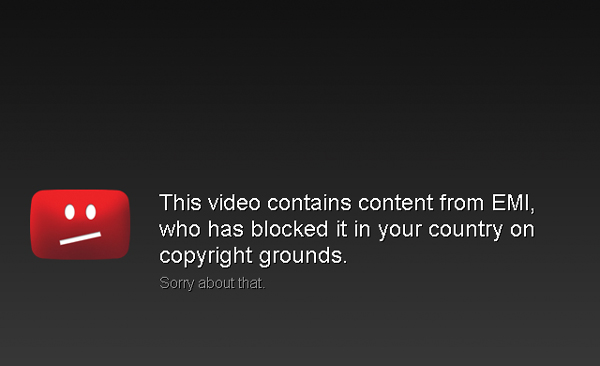Subscription-style web streaming is step in wrong direction
YouTube and Google released YouTube Red on Oct. 28, a subscription-based video site with extra features for those willing to pay.
While YouTube is well within its rights to expand its revenue streams, if YouTube Red impacts normal YouTube then it compromises the basic service YouTube has become renowned for—access.
Since its creation in 2005, YouTube has provided free, online access to videos posted from around the world and has been at the forefront of Internet connectivity. In 2006, the website was purchased by Google for $1.65-billion and became a part of the Google empire.
YouTube Red costs $9.99 a month and gives users the ability to download videos to watch offline at a later point, view videos in an ad-free environment, and access to content featuring famous YouTubers available specifically for YouTube Red. The new service is an attempt to produce another source of income for YouTube outside of advertisements. Currently the service is only available in the United States but there are plans to release it internationally.
The online community has been divided on the topic of YouTube Red with an online petition to stop the service being launched. The service has received mixed reviews from YouTubers, with some supporting it, as a means to increase income and provide an ability to create focused content, and others speaking out against it.
In theory, YouTube Red shouldn’t affect content provided on Youtube. However there has already been one issue with ESPN’s channels and official videos being taken down, after they weren’t able to make their content available for YouTube Red due to issues surrounding the ownership of game footage.
By removing content for those who don’t pay, YouTube Red is creating a two-tiered system.
Paying to remove advertisements is fine, paying to be able to download videos to watch offline is simply improving your user experience, and the original content will probably become available to everyone after a certain point.
YouTube has launched careers of performers like Justin Bieber and has created an entire generation of stars and millionaires, like YouTuber PewDiePie, who gets millions of hits on his vlogs and video game walkthroughs.
They provide an important platform for people to share their videos and experiences with the rest of the world and that should continue to be available to all, regardless of whether or not you’re able to pay.





